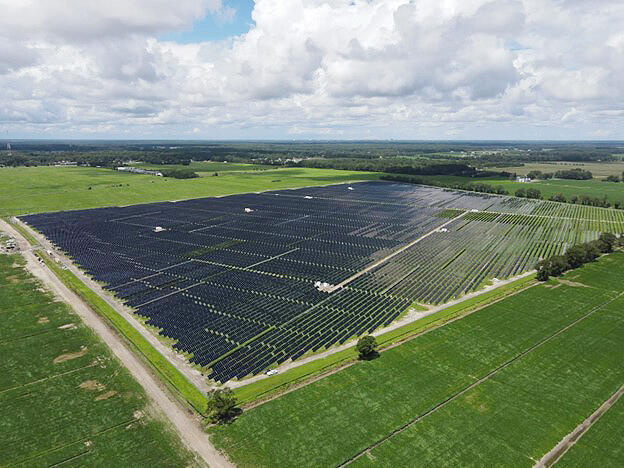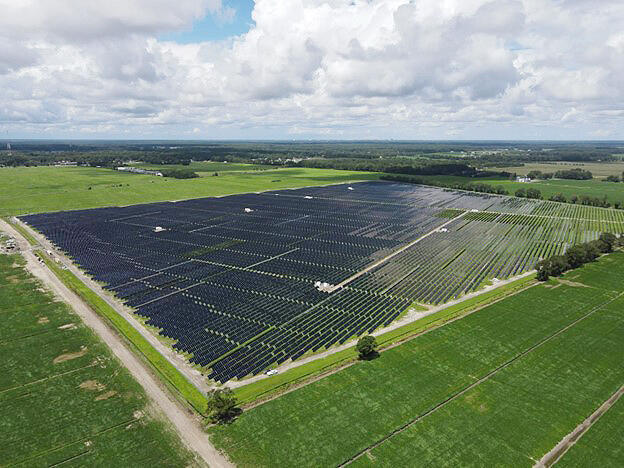
Google backs Energix in $1.5 billion deal to fuel US renewable energy growth
New deal set to power data centers and drive AI with renewable energy solutions.
The Israeli renewable energy company Energix, in collaboration with tech giant Google, will enter a tax equity partnership for future projects in the U.S. amounting to 1.5 gigawatts by 2030. In addition to the tax partnership, Energix will sell Google green electricity and renewable energy certificates. The estimated value of the partnership is between $1.3 and $1.5 billion by 2030, with additional purchases of electricity and certificates worth approximately $150 million per year. The agreement pertains only to new projects that Energix will develop in the region, while its existing assets (with a capacity of 636 megawatts) will continue under current agreements. The deal was facilitated by Morgan Stanley, and the company also reports the signing of power purchase agreements (PPAs) for the first two projects as part of the deal.
Energix began focusing on the American market as early as 2016, particularly in Northern Virginia, which is considered the hub of data centers in the U.S., with more than half of the country's server farms operating in the area. Energix capitalized on this strategic location and the growing demand from major tech companies to switch to renewable energy (zero emissions), thereby concentrating its efforts in this market. Today, the company has 636 megawatts connected to the grid in the northern U.S., all of which are part of the PJM network. The significant advantage of this transaction for Energix is the greater certainty it provides for the construction of future projects.
A tax equity partnership in the U.S. is a mechanism that allows large companies, typically financial institutions, to invest in renewable energy facilities and receive tax credits for these investments, which they can apply to their other tax liabilities. The purpose of tax equity partnerships is to encourage investment in renewable energy. Following this deal, Energix will no longer need to search for a tax equity partner for its projects. The transaction is tied to an agreement for the supply of 7 gigawatts of solar panels for various Energix projects with First Solar, one of the leading solar panel manufacturers in the U.S.
The U.S. electricity grid is divided into several networks, with PJM being the busiest and most advanced, covering several states in the northeast, including New York, New Jersey, and Northern Virginia. Recently, the results of a capacity auction for 2025-2026 in this network showed a rate increase of more than 900%, which will provide the company with additional revenues of $8-10 million.
Another factor driving the demand for electricity in the region is the AI revolution. AI applications require significant computing power, which in turn demands more electricity. Moody's estimates that by 2028, the electricity demand for server farms worldwide will double. Already, one of the primary considerations for selecting the location of a server farm is the availability of a reliable electricity connection due to the high power requirements for computing.
Although the agreement with Google extends until 2030, Energix CEO Asa Levinger expressed optimism: "The strategic partnership with Google not only strengthens our position in the PJM market but also opens up opportunities for future expansion into additional electricity markets. We expect to reach 1.5 GW in the next two to three years."
In December 2023, Energix first reported a non-binding contract with a large U.S. tech company for 1 gigawatt, without disclosing the partner's name. Now, the company has announced the completion of the contract with Google, along with a 50% increase in its scope. According to market estimates at the time, the deal involved an investment of about $1 billion, with annual revenues of $110-130 million per year.














